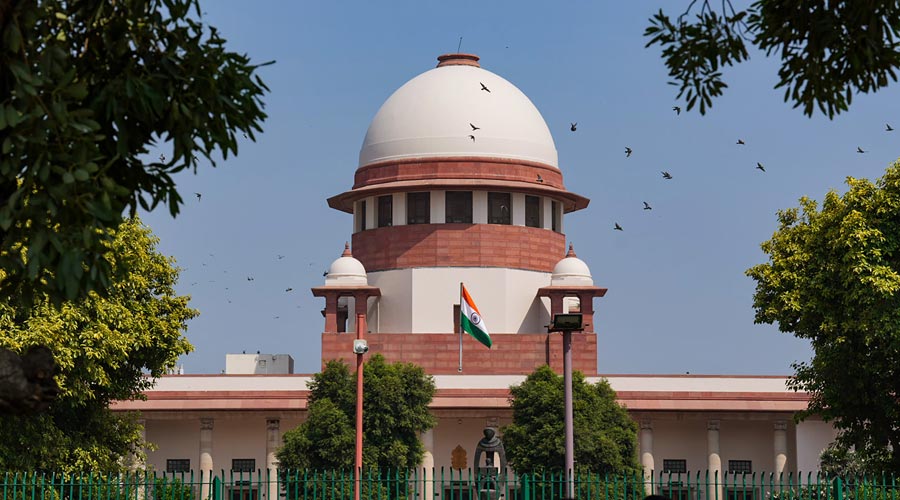The Supreme Court’s order, staying the forcible eviction of an estimated 50,000 people — many of them from the minority community — who were accused of encroaching on government land in Haldwani, Uttarakhand, needs to be looked at from a broader perspective. In this particular case, the highest court also struck down the high court order, which had given the green light to the demolition of the contested properties. The thrust of the apex court is clear: it has opined, quite correctly, that the matters of land occupancy are often contested but the settlement of the conflict cannot be unilateral. A human and humane approach, therefore, is the need of the hour. The court also pushed for the case of rehabilitation for the affected, a relief that is often denied to the people by the powers that be in many instances. Its emphasis on a workable arrangement between the parties in dispute is an extension of the logic of a practical resolution.
The court’s wisdom needs to be reiterated because governments elected by the people have repeatedly shown that they are lacking in both perspective and sympathy while dealing with encroachment. Worse, eviction drives have become publicised, polarising affairs. In Uttar Pradesh, the bulldozer has been transformed from a tool of civic duty to a symbol of aggression by, and the limited accountability of, the Bharatiya Janata Party government that has been accused of being prejudicial towards minorities — the bulldozer’s principal target. Significantly, the selective, communal targeting is being done in the guise of weeding out irregularities. Assam, another BJPruled state, has also witnessed the bulldozer raj, forcing the Gauhati High Court to express its displeasure. The real issue, however, is layered. Most Indian cities suffer from population burdens disproportionate to their spatial capacities which lead to encroachment. However, it would be erroneous to single out only the immigrant as the perpetrator. There is irrefutable evidence of the rich and influential gobbling up tracts with the help of conniving officials. Yet, the public and political discourse remains centred on the transgressions by those in need. A way out of the mess could be holistic urban planning that is inclusive and equitable. But this imperative eludes most civic corporations. Till India’s cities are transformed into well-managed habitats, the courts would have to continue protecting the rights of those who find themselves on the margins of urbanity and the urban conscience.

